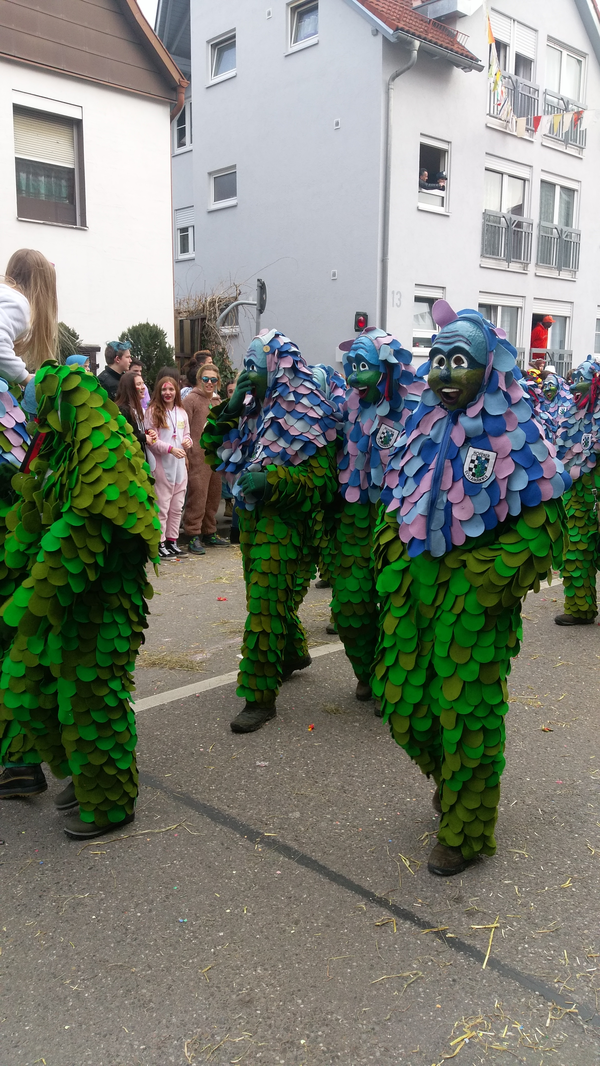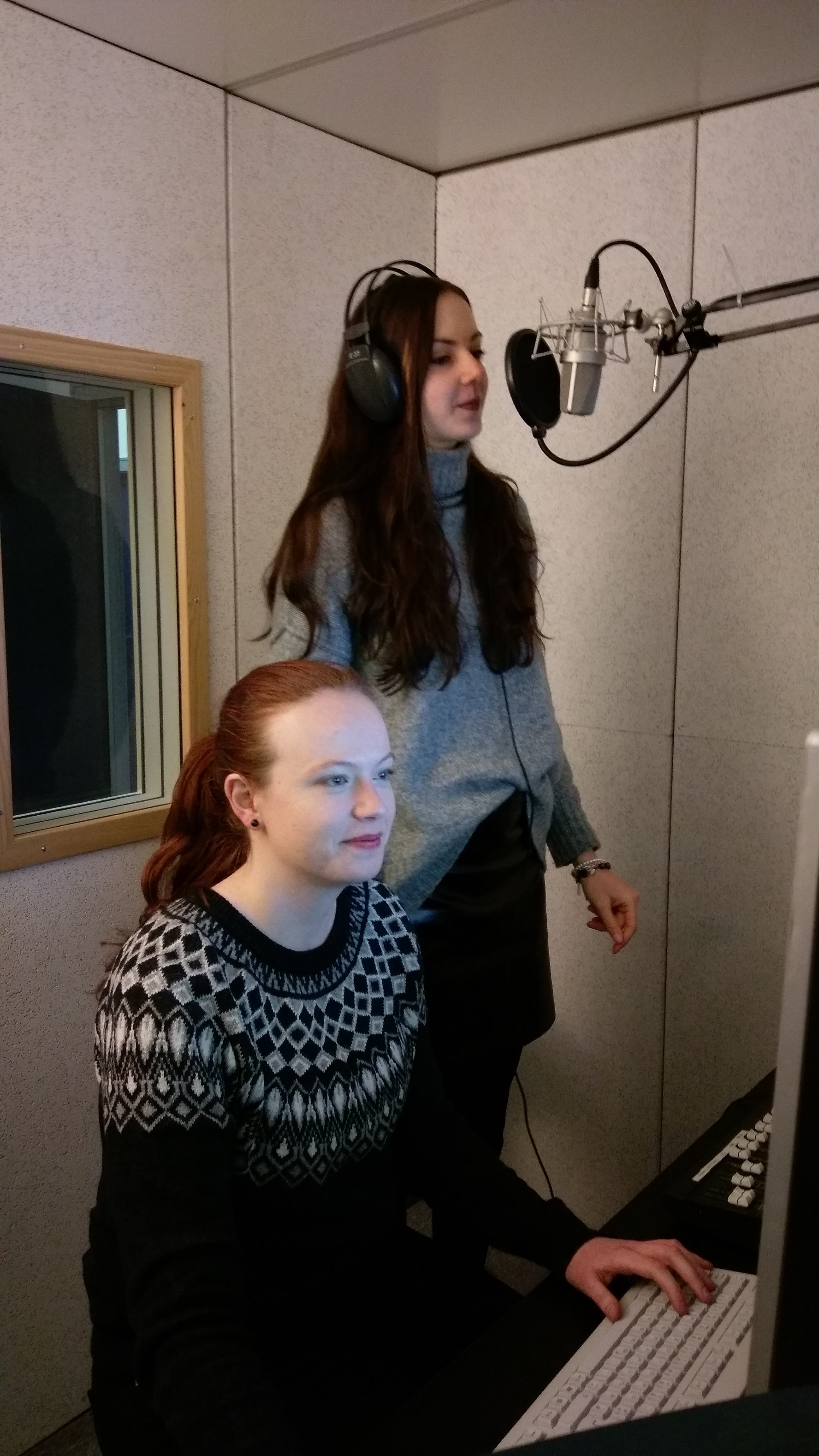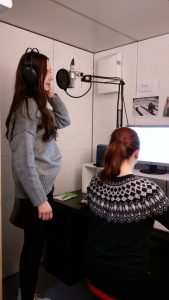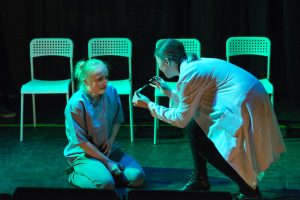Since 2008 visitors to the zoo in Augsburg have been able to walk with a ring-tailed lemur. This lovely creature will accompany you in one of the most beautiful experiences in your life. These creatures are really friendly with people, they jump and run free and, with some luck, they will land on your back or shoulders. But don’t try to touch them! As beautiful and smooth as they seem to be, they’re wild animals and can bite.
 The origin
The origin
These animals are part of the family of strepsirrhine primates and are extremely vocal and have unique calls to warn about predator species, for group communication, for location, feeding and being lost. Their vocalizations consist of meows, clicks, yaps, screams, purring, squeaks and moans: as you will see in the zoo, the Augsburg lemurs are very communicative. They spend a lot of time sunbathing and playing with the other members of the group. Unfortunately, their conservation status is considered endangered by the IUCN Red List (http://www.iucnredlist.org/details/11496/0), the main threat to their population being habitat destruction.
The origin of the name and popular legends
Their name refers to the Latin word lemurum, meaning spirit. Because of their name, they play a part in legends in Roman mythology. People believed that the animals were the restless spirits of the undead. They thought proper burial of their loved ones would help to prevent this. Seeing a lemur was often viewed as an omen that something terrible was going to happen. It’s also because of the popular origin of such stories, though, that their very existence is threatened, as villagers hunt and trap them. They also take money from hunters that come for the thrill of killing the legendary lemurs of Madagascar.
Ring-tailed lemurs become famous: the film Madagascar
These little animals have become familiar to us after the film, Madagascar, which introduced the figure of the lemur, King Julien. After this, many people began to be interested in the creatures. Then a big research project worldwide about these creatures came into being, and in many zoos in the world you can walk with them and study their behaviour as if they were in the wild. Therefore, although these animated films are fun and delightful, they don’t depict the true nature of lemurs, of course, but, if seen in combination with other animated films and documentaries, they’re a useful tool for educating people about the needs of the species.
Author & Picture: Althea Mandelli



 I always feel like a stranger in my hometown Füssen in the Allgäu. The reason for this is simple: Fasching, the traditional carnival in southern Germany. But thankfully, the Fasching euphoria in Füssen is rather moderate compared to the villages surrounding it, like Buching, Hopferau and so on, which you most certainly don’t know if you’re not from the area.
I always feel like a stranger in my hometown Füssen in the Allgäu. The reason for this is simple: Fasching, the traditional carnival in southern Germany. But thankfully, the Fasching euphoria in Füssen is rather moderate compared to the villages surrounding it, like Buching, Hopferau and so on, which you most certainly don’t know if you’re not from the area. worse – they can’t cope with being drunk and behave aggressively.
worse – they can’t cope with being drunk and behave aggressively.
 “I hol mer zerscht mol en Kaffee in dr Kafede, sonschd schlof I glei wieder ei.” If you hear this at university in the morning, you might not understand it as a non-Swabian. Of course, there’s a wide spectrum of dialects in Germany, some of which aren’t easy for outsiders. Since our noble institution is located in the Swabian part of Bavaria, some of the residents speak Bavarian varieties (“Boarisch“), whereas others „schwätzat Schwäbisch“, with the river Lech as a linguistic border. Augsburg, as the capital of Swabia, has its own Swabian variety: Augschburgerisch. In fact, you will be easily detected as a „Zuazogner“, if you say Augsburg instead of Augschburg.
“I hol mer zerscht mol en Kaffee in dr Kafede, sonschd schlof I glei wieder ei.” If you hear this at university in the morning, you might not understand it as a non-Swabian. Of course, there’s a wide spectrum of dialects in Germany, some of which aren’t easy for outsiders. Since our noble institution is located in the Swabian part of Bavaria, some of the residents speak Bavarian varieties (“Boarisch“), whereas others „schwätzat Schwäbisch“, with the river Lech as a linguistic border. Augsburg, as the capital of Swabia, has its own Swabian variety: Augschburgerisch. In fact, you will be easily detected as a „Zuazogner“, if you say Augsburg instead of Augschburg.



 Listen in or become a radio celebrity yourself!
Listen in or become a radio celebrity yourself!
 I actually can’t sum it up in more detail, since the main point of this play is that what you see isn’t 100% clear. For example, if you watch A Mid-summer Night’s Dream, you have a clear storyline to follow (they’re in love, they flee, chaos ensues, they get back together, happy end). You also have clearly defined characters with their own traits, which you discover while watching or reading. But 4.48 Psychosis doesn’t provide you with such things. Personally, I wasn’t entirely sure about anything. I was constantly wondering. I was wondering if the doctors really treat her like that, or if it’s just how she sees them treating her. I was wondering if some scenes actually happened, or if they were just a product of the patient’s imagination or even dreams. I was wondering what might have caused her to feel so bad in the first place…
I actually can’t sum it up in more detail, since the main point of this play is that what you see isn’t 100% clear. For example, if you watch A Mid-summer Night’s Dream, you have a clear storyline to follow (they’re in love, they flee, chaos ensues, they get back together, happy end). You also have clearly defined characters with their own traits, which you discover while watching or reading. But 4.48 Psychosis doesn’t provide you with such things. Personally, I wasn’t entirely sure about anything. I was constantly wondering. I was wondering if the doctors really treat her like that, or if it’s just how she sees them treating her. I was wondering if some scenes actually happened, or if they were just a product of the patient’s imagination or even dreams. I was wondering what might have caused her to feel so bad in the first place… But the fascination I experienced was not only as a result of the play itself. Because, as we all know, no matter how good a play is, if you have bad actors, it’s worth nothing at all. Fortunately, the university has some amazingly talented students. They were all brilliant, especially Anna Hilbel, who did a fantastic job in the lead role. The amount of text she had to learn was incredible (trust me – there’s a ton of really long, hard monologues in this one), and I was amazed by the feelings she puts into her performance. I believed EVERYTHING. I believed her anger, her despair, her love… everything. At this point, I really have to give credit to Mr. Beck as well, for directing and coaching. The play allows every director a lot of freedom to make it theirs – and he nailed it.
But the fascination I experienced was not only as a result of the play itself. Because, as we all know, no matter how good a play is, if you have bad actors, it’s worth nothing at all. Fortunately, the university has some amazingly talented students. They were all brilliant, especially Anna Hilbel, who did a fantastic job in the lead role. The amount of text she had to learn was incredible (trust me – there’s a ton of really long, hard monologues in this one), and I was amazed by the feelings she puts into her performance. I believed EVERYTHING. I believed her anger, her despair, her love… everything. At this point, I really have to give credit to Mr. Beck as well, for directing and coaching. The play allows every director a lot of freedom to make it theirs – and he nailed it.